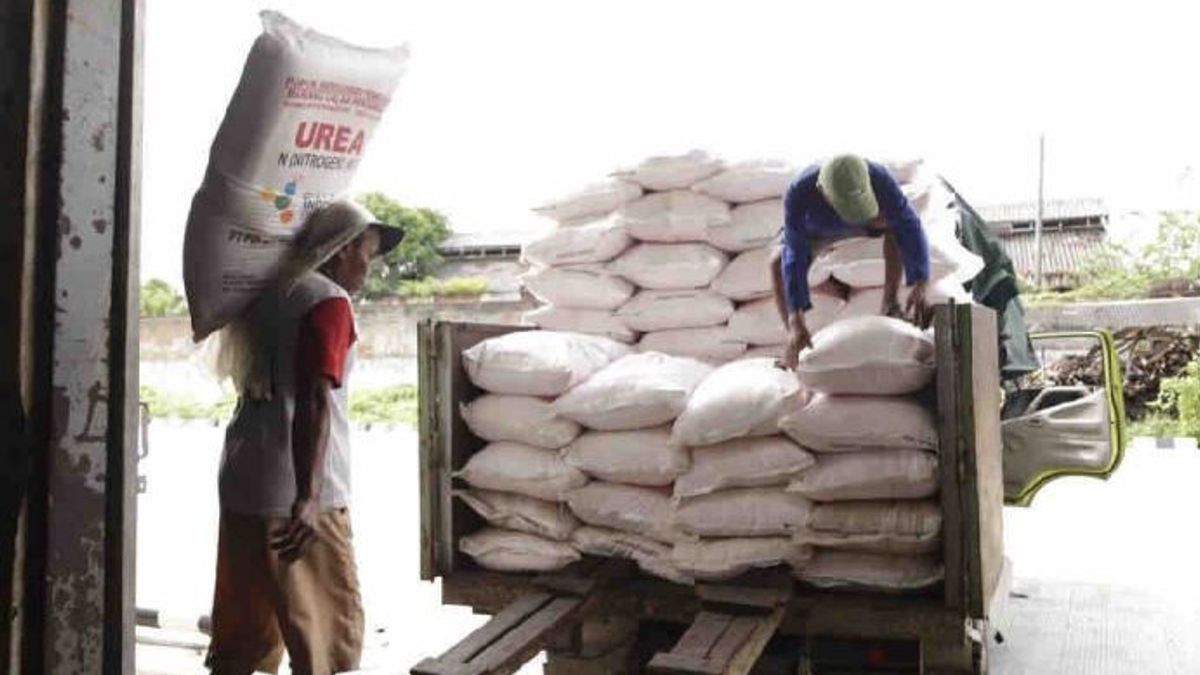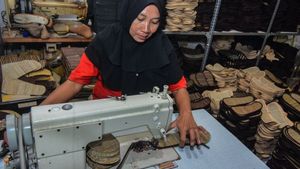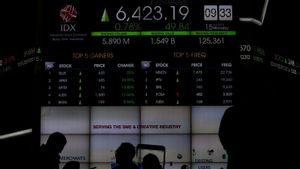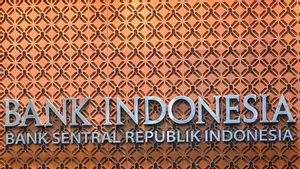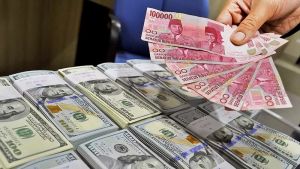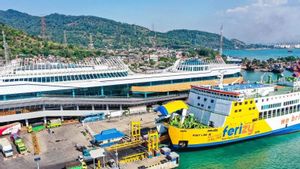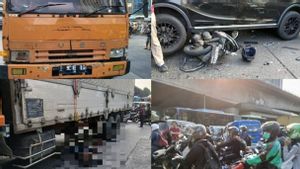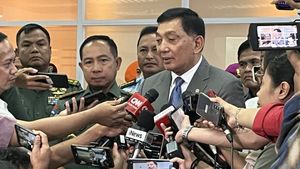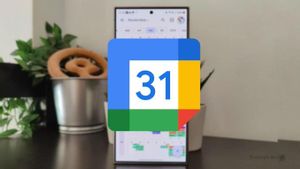PT Pupuk Indonesia (Persero) is ready to distribute 9.55 million tons of subsidized fertilizer allocation in 2024 in accordance with the task given by the government to increase agricultural productivity in order to realize food self-sufficiency.
"Indonesian fertilizers as SOE recipients are mandated to produce and distribute subsidized fertilizers by the Government are ready to distribute subsidized fertilizers to registered farmers of 9.55 million tons in 2024," said Pupuk Indonesia Marketing Director Tri Wahyudi Saleh in a statement in Jakarta, quoted from Antara, Thursday, May 2.
Tri conveyed this following the issuance of the Decree of the Minister of Agriculture (Kepmentan) Number 249 of 2024 and Regulation of the Minister of Agriculture (Permentan) Number 01 of 2024 concerning Amendments to Permentan Number 10 of 2024.
In this new regulation, said Tri, the Government decided that there were three types of fertilizers that were subsidized, namely Urea, NPK, and Organic. Especially for organic fertilizer, the use is prioritized in rice commodity centers in rice fields with C Organic content of less than 2 percent.
Tri explained that based on Ministerial Decree No. 249 of 2024, the Government has set the allocation of fertilizer subsidies to 9.55 million tons or a 2-fold increase from the previous 4.7 million tons. The allocation of subsidies is intended for three types, namely Urea, NPK, and the new is Organic fertilizer.
"If you look in more detail, urea fertilizer is set at 4,634,626 tons, NPK fertilizer at 4,415,374 tons including Special Formula NPK fertilizer, and Organic fertilizer at 500,000 tons," said Tri.
He said that all regions experienced an increase in the allocation of fertilizer subsidies, for example West Java to 1,211,550 tons, Central Java to 1,514,402 tons, East Java to 1,920,074 tons, South Sulawesi to 798,233 tons, Lampung to 803,719 tons.
All of these allocations can be used by registered farmers or farmers who meet the criteria according to Permentan Number 01 of 2024, namely being a member of the Farmers Group and being registered in the electronic plan for determining group needs (e- RDKK).
He said subsidized fertilizers are intended for farmers who make farming businesses for food crop sub-sectors such as rice, corn, and soybeans, sub-sectors for horticultural crops such as chilies, shallots, and garlic, and sub-sectors for plantations such as sugar cane, cocoa, and coffee.
"With a maximum land area of 2 hectares, including farmers who are members of the Forest Village Community Institution (LMDH) in accordance with the provisions of the legislation," he said.
In this new regulation, the electronics of the definitive plan for group needs (e- RDKK) can be evaluated every 4 (four) months of the running year. In other words, Tri said, farmers who have not received an allocation can input the registration process during the evaluation process in the current year.
Pupuk Indonesia, as the largest fertilizer company in Asia Pacific, Middle East, and North Africa, currently has a fertilizer production capacity of more than 14.6 million tons per year. Meanwhile, organic fertilizer will be produced by production partners spread across various regions.
SEE ALSO:
"With this capacity, Pupuk Indonesia is one of the important pillars in supporting national food security," explained Tri.
Thus, Tri said that all registered farmers can immediately redeem at official kiosks easily through the i-Pubers application (Subsidized Fertilizer Integration).
Tri asked all distributors and official kiosks appointed to assist in socialization regarding the addition of this subsidized fertilizer allocation as well as support from the Regional, Provincial and Regency/City Governments in its implementation so that this fertilizer subsidy can help agricultural production programs in the context of food security.
"We are ready to produce and distribute subsidized fertilizers considering that our production capacity can meet the allocation of fertilizer subsidies set by the Government," said Tri.
The English, Chinese, Japanese, Arabic, and French versions are automatically generated by the AI. So there may still be inaccuracies in translating, please always see Indonesian as our main language. (system supported by DigitalSiber.id)
